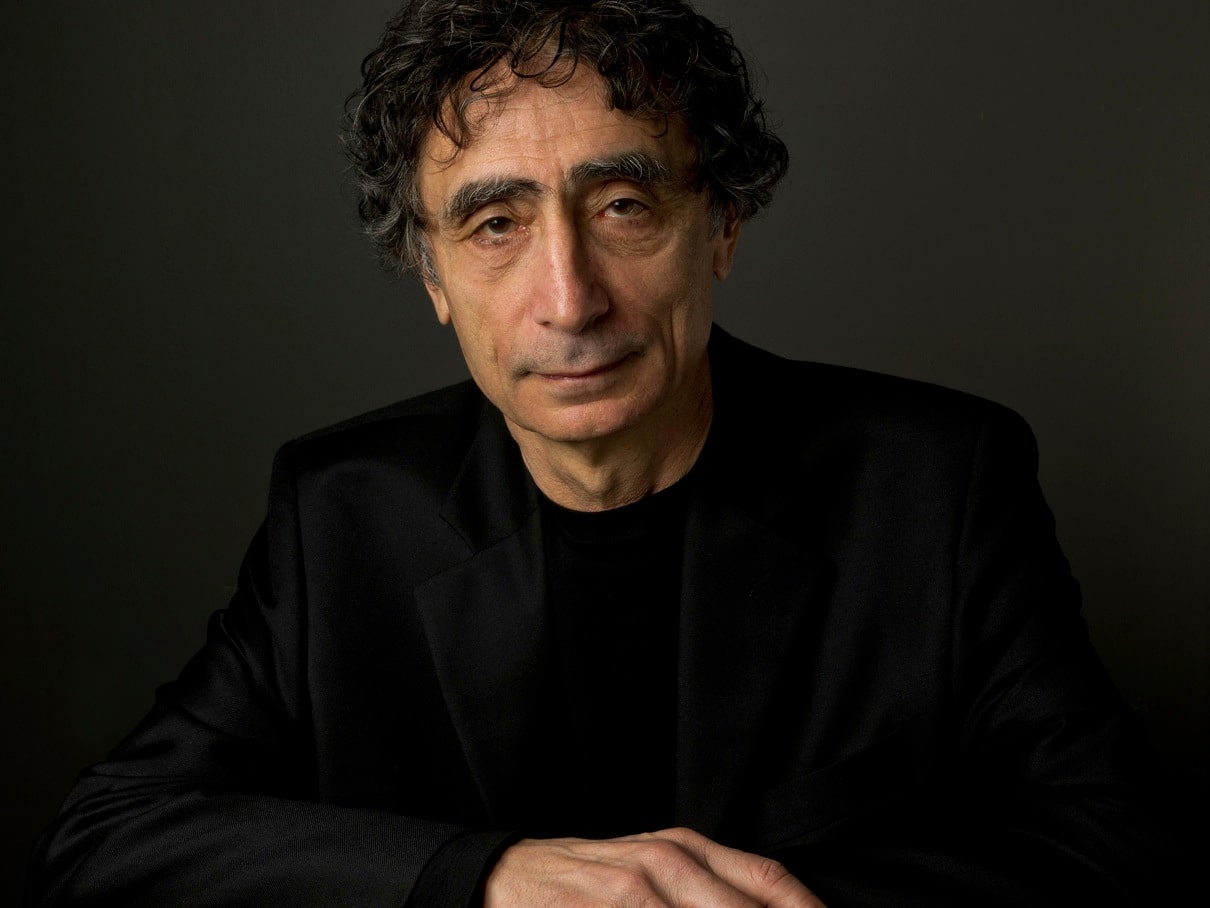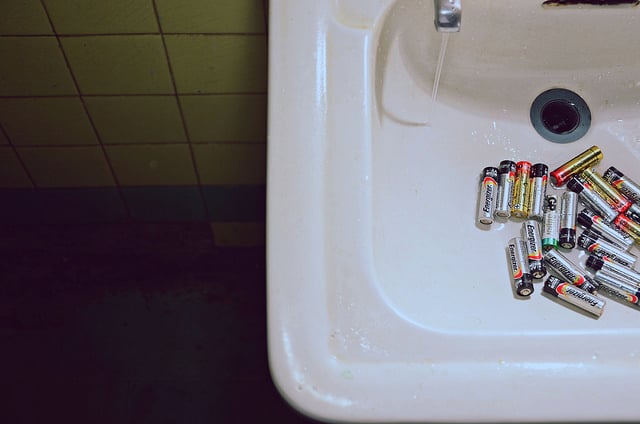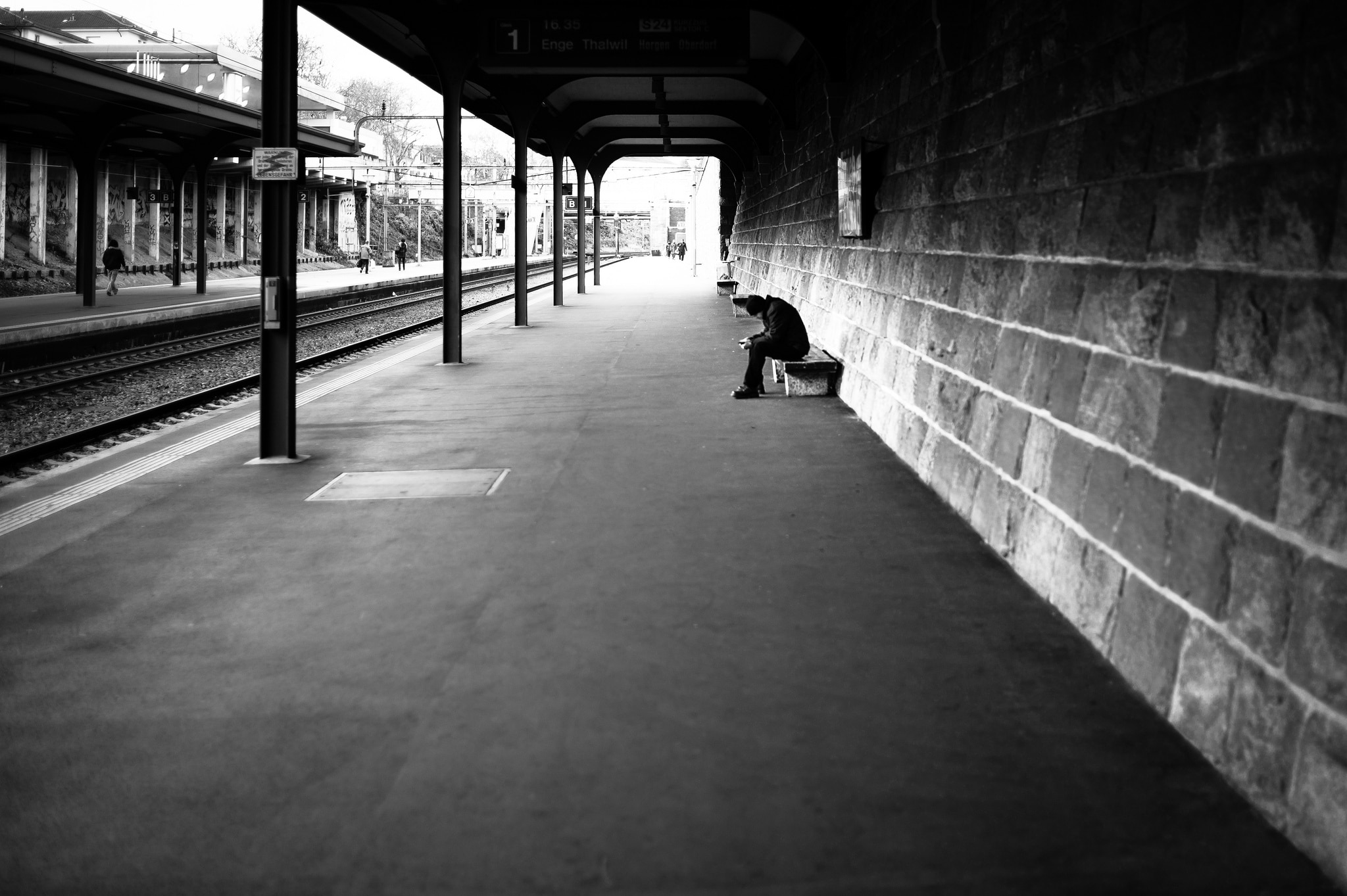
Most ibogaine treatment centers offer a variety of therapeutic treatments including psychedelic therapy, yoga, meditation, and more. Image source: Flickr user WeTravel.
You’ve recognized your opiate use as a problem and have selected ibogaine treatment to help you kick your addiction. But once you look into your treatment options, you start to see that centers offer retreats that range anywhere from three days to a month. Maybe the idea of spending a week away from your work and family makes you anxious. You may wonder if a 10-day program is better than a 5-day program. How do you choose the most effective retreat length for your circumstances?
Ibogaine treatment generally lasts 24-72 hours. During this time, you will experience three separate phases. First is an intense dreamlike stage that lasts around 4-8 hours. During this stage, you may hallucinate, have vivid dreams and thoughts, and will experience the most intense physical sensations. Next, for about 24 hours, you will feel lethargic, weak, and introspective. Finally, for the next few days, you may feel overly stimulated and find it difficult to sleep. This 1-3 day treatment plan usually lends itself to treatment centers offering 5-7 day retreats. However, many treatment centers also offer 10-day, 2-week, and month-long retreats as well. Are these longer retreats actually helpful in achieving and maintaining sobriety, and are they necessary for you? Understanding the following factors will help you decide on the best length of retreat for you.
Your Ability to Get Pre-screening Tests Done
Almost all ibogaine treatment centers require a battery of pre-screening tests before you can start treatment. This usually includes blood tests, urine samples, an EKG, and a full medical history. These tests are used to ensure you can safely undergo ibogaine treatment. If an infection is found or if there are currently contraindicated drugs in your system, you may not be allowed to undergo treatment. Similarly, your heart function or blood pressure may need to be monitored for several days before your treatment if you have heart or circulatory problems.
Some people may be able to have these pre-screening tests done with their local physician before they travel to a treatment center. By having these tests done locally and sending the results to your treatment center of choice, you can ensure you will not be turned away upon arrival. This can shorten your retreat by a few days, making a 5-7 day retreat more appropriate than a 10-day retreat.
Your Access to Pre-Treatment Counseling
Like all forms of psychedelic therapy, ibogaine treatment is most effective if you are mentally and emotionally prepared for it. Understanding what will happen during the treatment and setting intentions can mean the difference between a challenging experience and a meaningful, enlightening one. Pre-treatment counseling is a good way to set these intentions, and it can also improve the long-term effectiveness of your treatment.
Some people choose to get pre-treatment counseling with a local psychedelic therapist. This not only shortens the amount of time you need to be at your treatment center, but it also sets up a relationship with your therapist for continued counseling and integration therapy upon your return. Usually, 2-3 pre-treatment sessions with a psychedelic therapist are sufficient to prepare you for your treatment, but this is a decision you should make with your therapist.
If you are unable to get pre-treatment therapy before your retreat, you may need a few extra days to undergo counseling at the treatment facility. During these extra days, you will likely explore the physical and mental effects of ibogaine, meet your treatment and recovery staff, and set your intentions for the treatment session.
Whether You Are Currently On Any Medications or Drugs
There are several medications that will interact poorly with ibogaine by either reducing its effectiveness or putting you in physical danger. For instance, ibogaine does not mitigate symptoms associated with alcohol withdrawal, such as seizures. These can be particularly dangerous during ibogaine treatment, so if you are using alcohol, you must complete a full detox before undergoing ibogaine therapy. Similarly, you will need to stop taking antidepressants. If you are using methadone or another long-acting opioid, you will need to switch to an opioid with a shorter half-life before undergoing ibogaine therapy because you cannot have opioids in your system at the beginning of your treatment.
You may be able to safely wean off medications or drugs at home before your retreat, but doing so under the care of a professional makes the experience safer and more comfortable. It also helps ensure that you follow through with your treatment plan since you have the support and encouragement of the retreat staff. Some people who choose to self-wean at home end up canceling their treatment plans during the preparation process.
The length of your weaning and/or detox before your treatment will depend on what substances you are currently taking, but you should plan for an extra 7-14 days before you can begin therapy.
The Root Cause of Your Addiction
Addiction is almost always more complicated than your use of a particular substance. There are often psychological and social factors that contribute to your addiction, and in order to remain sober for a length of time after your treatment, you need to address these factors. Many people use the days after an ibogaine treatment to reflect on their addiction, but if you are suffering from a long-term addiction or have complex root causes, you may need more time with a professional therapist to process your addiction and build new habits.
Some centers pair ibogaine treatment with ayahuasca or DMT therapy to help with the mental and emotional aspects of your addiction. If you want to undergo these therapies, you will need to wait several days after your treatment. Similarly, you may choose to stay for a few additional weeks to work with a therapist and build new, healthy coping mechanisms. If you are unable to stay at your retreat center for a longer period of time or if your center does not offer post-treatment therapy, you should make sure you have a psychedelic therapist to work with when you return home.
Addiction treatment is not a one-size-fits-all model. Some people will need a longer retreat while others need only a short treatment. If you have been treated once and suffer a relapse, you may decide that you need longer post-treatment therapy to make sure you get the full benefits of the treatment. Or maybe you will decide that the extra benefits of an extended retreat are not worth leaving your life back home unattended. Not going for a long enough treatment can make your treatment less likely to be effective, leaving you more likely to relapse, but going for too long can be a waste of money and an unnecessary disruption to your life. If you are unsure of what length of treatment fits you best, you should consult with a psychedelic therapist who can help assess your addiction and give you an idea of the best treatment options available to you.









